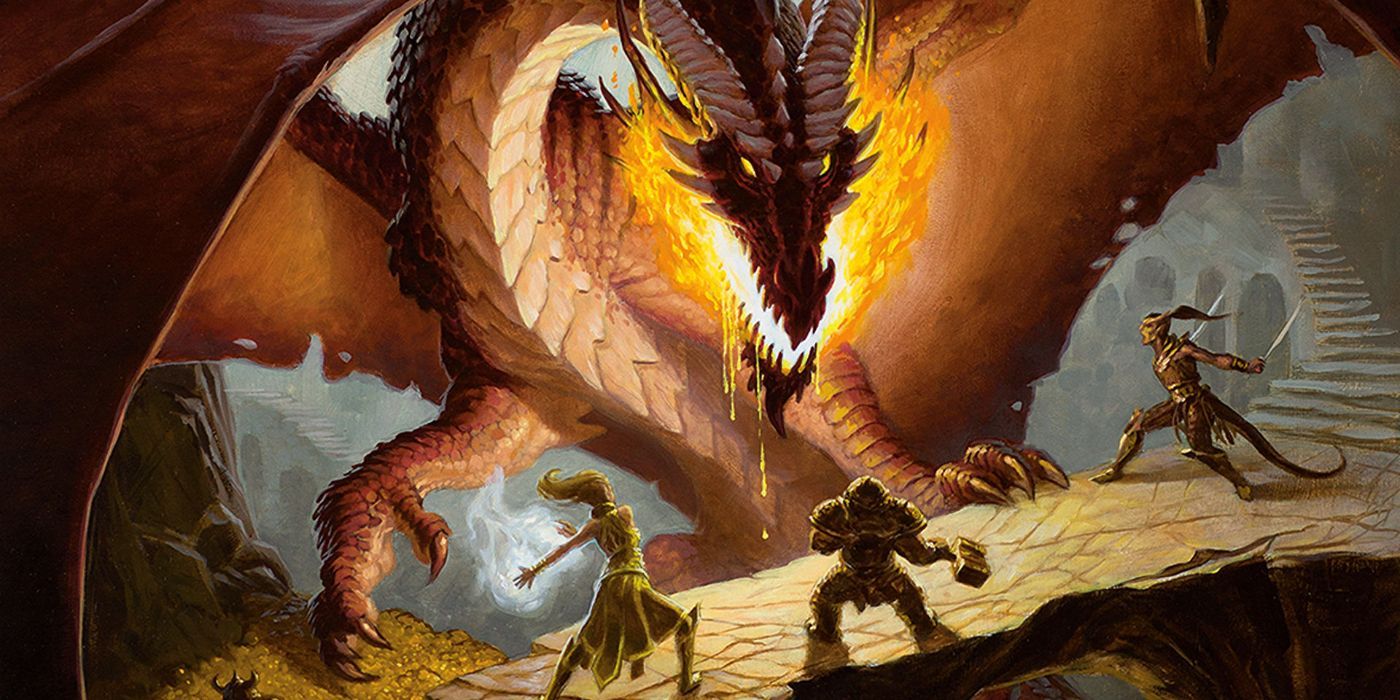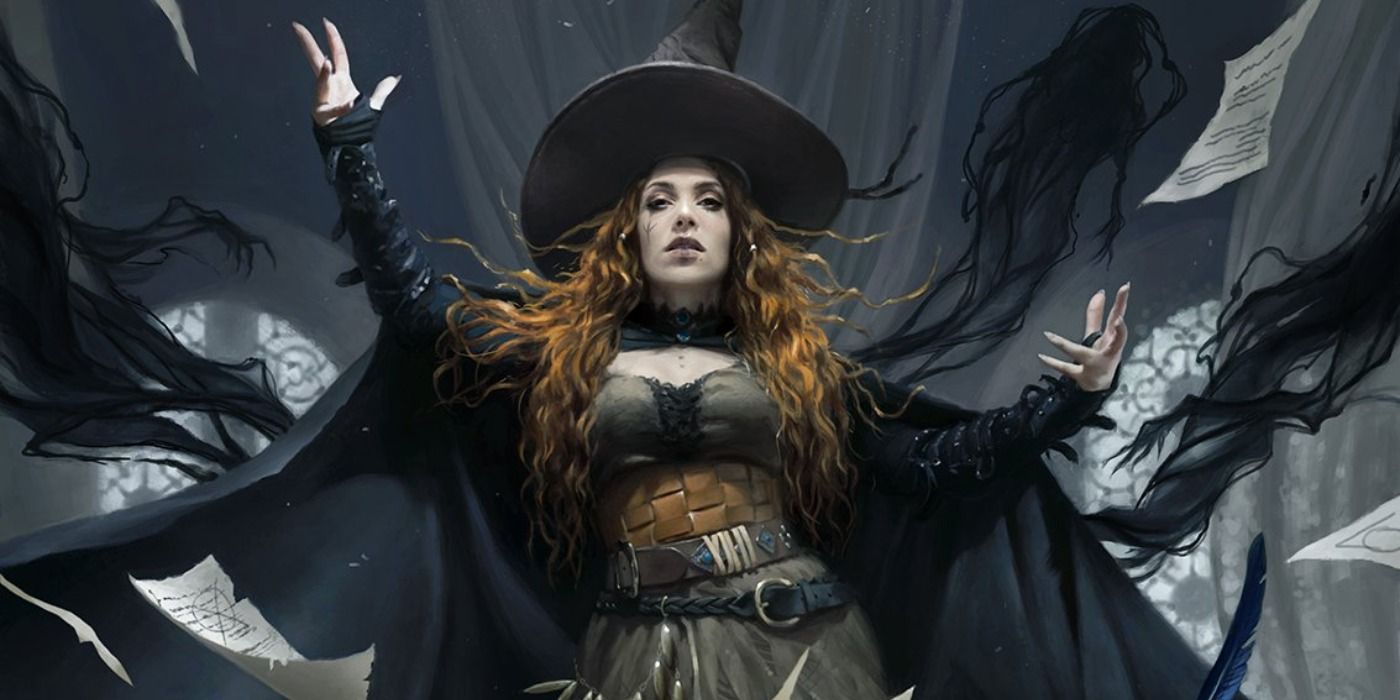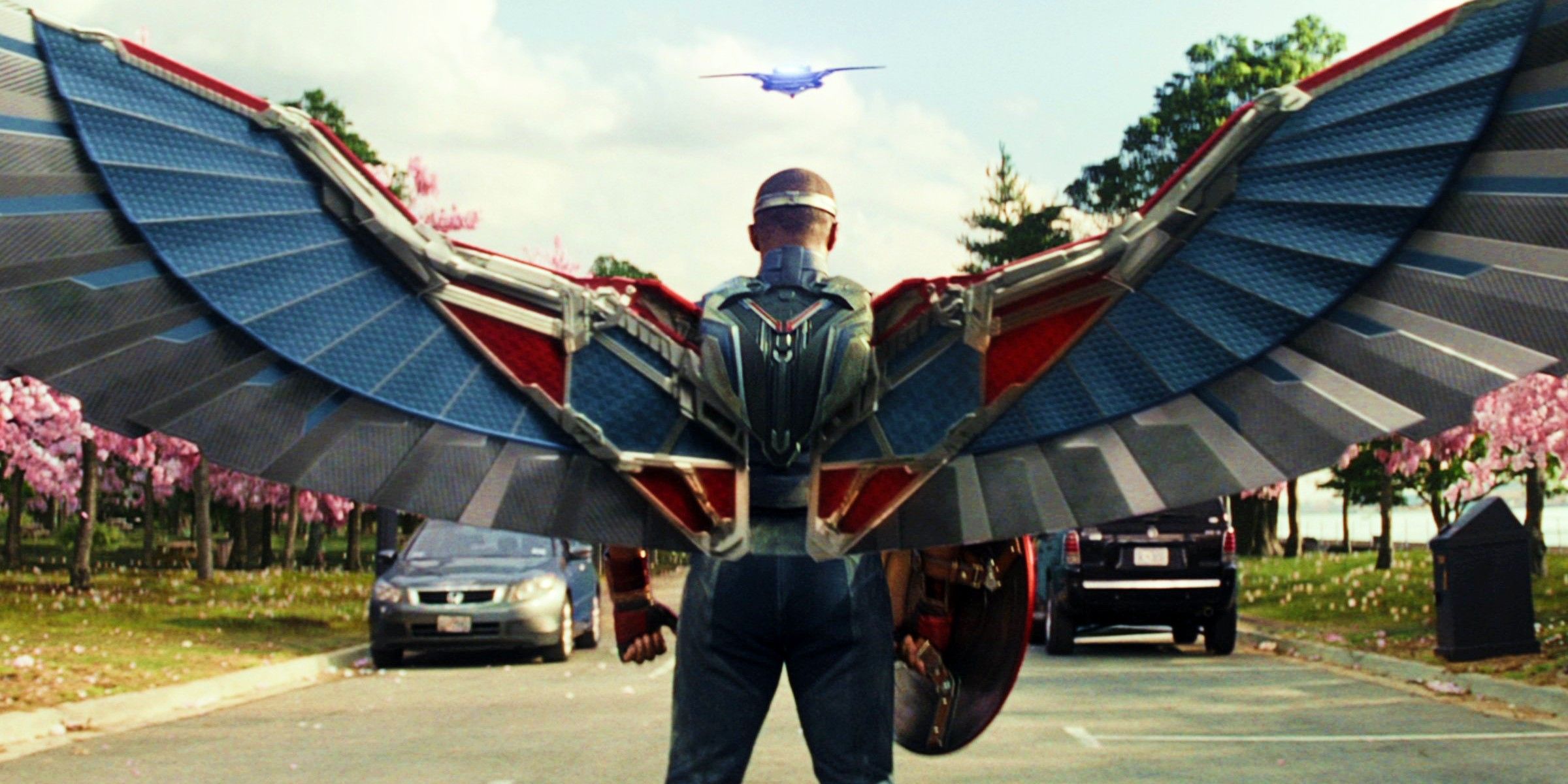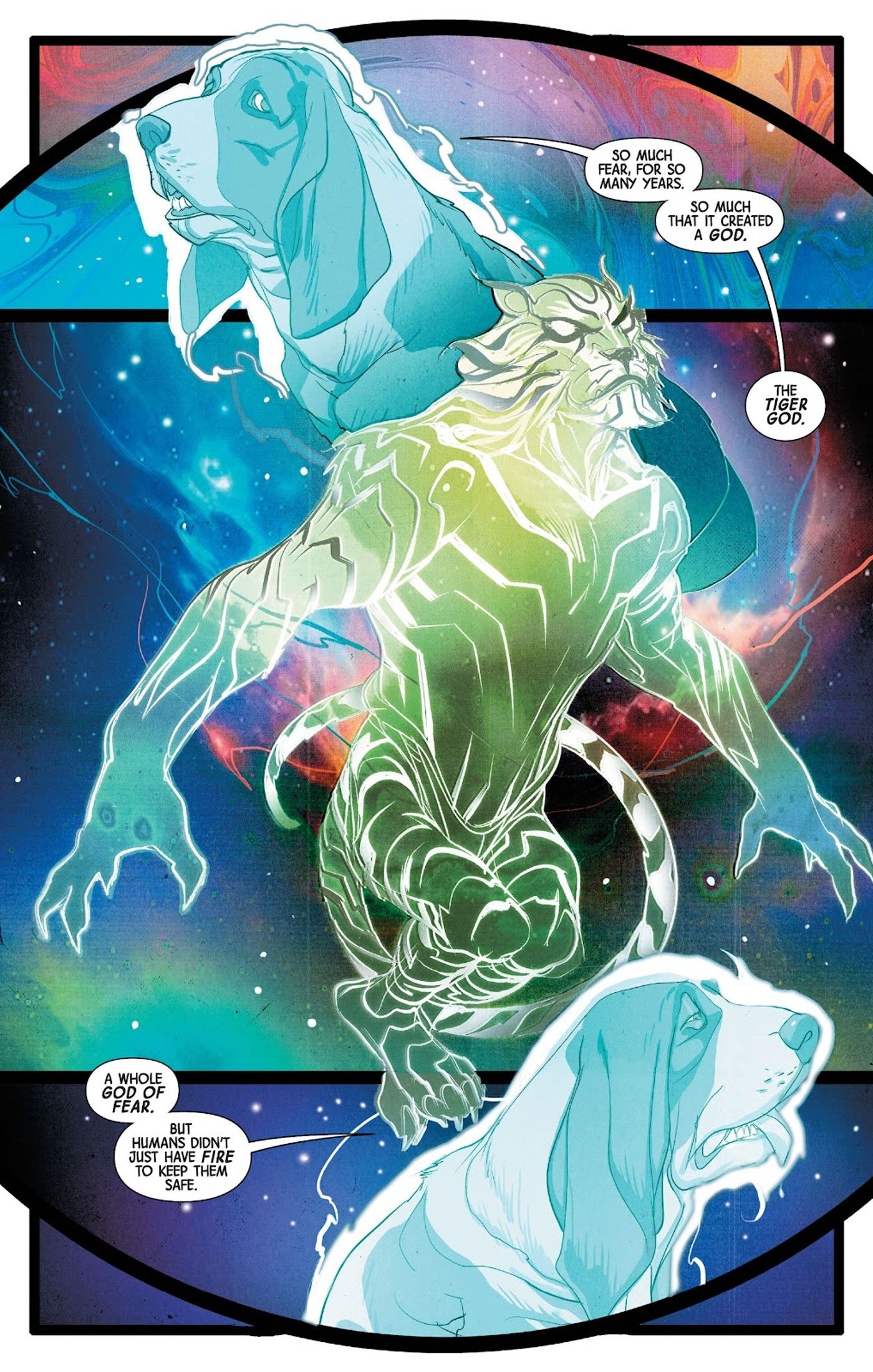When Dungeons & Dragons characters reach high level, they tend to become disconnected from the mundane concerns of low-level heroes, but Dungeon Masters can make efforts to ensure the players still connect with the people of the realm instead of descending like gods from Olympus. High level play differs from the introductory levels by design, in D&D, but DMs should still avoid their Player Characters becoming distant and alienating. High level PCs will often forgo interactions with NPCs that are normal people in the game world, as they begin to rub elbows with monarchs, deities, and arch mages. This can lead to a disconnect where the PCs have less emotional investment in the campaign world, as they are saving faceless peasants and villagers, not characters they care about. This can be avoided by ensuring the campaign contains unique and memorable D&D NPCs, and by addressing the strange lifestyle of epic heroes in the campaign’s tone instead of glossing over it.
Where low level heroes might struggle with a small band of goblins, or issues of encumbrance, high level characters can wipe out such enemies with a single area of effect spell, and Bags Of Holding make carrying capacity a non-issue. Items like the Decanter Of Endless Water and spells like Goodberry mean tracking rations is no longer relevant in high level games. This is by design, as epic heroes are meant to be dealing with epic threats, not worrying about how they will transport loot out of a dungeon or foraging for food. High level fighters can take down even the hardiest monsters in seconds, in some cases, and spellcasters can bend the fabric of reality with arcane Wish spells and miraculous divine magic. While low level parties discover D&D’s minor magic items don’t break the game, high level characters might carry multiple magic items each worth a small fortune.
Related: D&D DMs: When To Use Milestone Leveling (& When To Use XP)
The gap in lifestyle and power has always been present in Dungeons & Dragons, and unfortunately many DMs adapt to it by allowing the PCs to become more alienated to the very world they live in. With no need to sleep in an inn, thanks to extradimensional mansions, PCs might not mingle with the locals the same way they did at lower levels. Browsing the local market for produce is meaningless to those who dine on a Hero’s Feast spell regularly. This means DMs need to plan for campaigns where the PCs have reason to interact with likable “salt of the earth” NPCs, so the heroes can defend a world they are part of, not one they watch over from a distance. Some campaign worlds, like Forgotten Realms, feature numerous high level Wizards characters in their lore, but a game where PCs only speak with the likes of Elminster or Manshoon loses touch with the typical residents of Faerun.
DMs Can Ensure D&D Characters Remain Connected To The People

Experienced DMs can use several techniques to avoid their heroes becoming disconnected from the campaign world. Running games where investigations are routine, and making good use of resulting conversations with commoners, is one simple method. If a city has been plagued by some strange phenomenon many PCs resort to searching for clues or using detection spells like Find The Path, but sometimes the best course is simply to ask around. This gives the DM a chance to portray how the locals live, showcasing their hopes, dreams, and traditions. There may be injustices the PCs can become involved with that are of a less cataclysmic nature, like a greedy merchant company or an overbearing local lord. A DM can borrow Disco Elysium’s rules to improve D&D campaigns, and they can also borrow its tone, where street level issues like jobs and the local economy matter, even when a larger conspiracy is also at play.
The addition of Backgrounds as a part of the character creation process was a landmark for 5e D&D, as it made fleshing out a character’s history a mandatory part of the game. Backgrounds give characters skills and other proficiencies, but they can also be used to introduce connections that last, even as a character ascends in power. A PC with the Folk Hero Background is considered among the “Masters of the World” once they are level 17 or higher, but they can remain connected with their roots, and those who knew them when their legend was just starting. A high-level character with the Urchin Background might have a group of friends they grew up with who have gone on to various walks of life. Players often select the best D&D Background for their class, but a skilled DM can use those Backgrounds to give the characters more investment in the campaign world and its people.
Related: D&D Campaigns & Settings That Aren’t Worth Your Time
Rather than ignoring the strange lifestyle of epic heroes, addressing it within the game itself is more beneficial. An impoverished village might contain an NPC who balks at heroes keeping magic items they could sell for enough gold to feed the village for a decade. The value of retaining something like a +3 Greatsword may be difficult to convey to mundane NPCs, as a sword that is roughly 15 percent better than others of its kind still seems less practical than buying a plot of land. When the PCs have a chance to put those magic items to good use defending the village, the locals can come to see the value of their decision, and the PCs might have a different opportunity to contribute to the village financially, such as by donating the loot obtained from the fallen enemies.
Epic D&D Heroes Can Fight To Enact Positive Social Changes

There are many mistakes that DMs can make when running D&D. Failing to connect the players to the people and places they travel to is among the most common, particularly in more epic games. It is exciting for DMs to portray a meeting with an ancient Lich, an avatar of a deity, or an elder dragon. Making the common people who inhabit a world interesting, and developing connections, is just as necessary at high level as it is for starting characters, however. High level games often feature extraplanar travel and exotic locales like Sigil or Ravnica. It is enticing for DMs to play the heads of major guilds and factions within these multiversal hub cities. Experienced DMs can convey that even a fantastic city like Sigil has laborers, craftspeople, and scribes, who are simply trying to live their lives, and enjoy their bonds with family and friends.
Some players may be hesitant to devote time to interacting with NPCs who do not have something tangible to offer. There are DMs who resort to narrative tricks in D&D, and players may feel that named local NPCs exist only to serve as hostages or victims for the next campaign antagonist. Street level connections can do more than give emotional weight to a series of existential threats. As high-level PCs are noteworthy heroes, they have more influence than they did at low level. Beyond defending their friends from rampaging dragons or mind flayer invasions, PCs can also use their standing to lobby for social justice in the game world. Heroes who have just saved a city-state from destruction certainly have a platform to demand labor reform, a more equal distribution of wealth, or an end to ghettos for maligned demi-human races, if the campaign world features such problems.
Epic heroes can do more than save the world; they can also work to make it a better place. Players are more invested in a game when they care about the world and its people. Campaigns are more rewarding when even the most epic D&D heroes, granted powerful boons from the gods and carrying magical relics, still have emotional ties to the lands that they defend and the people that inhabit them. High-level play should certainly feel very different from an adventure’s beginning in Dungeons & Dragons, but heroes should never become distant and alienated from the people who populate the worlds they fight for.





